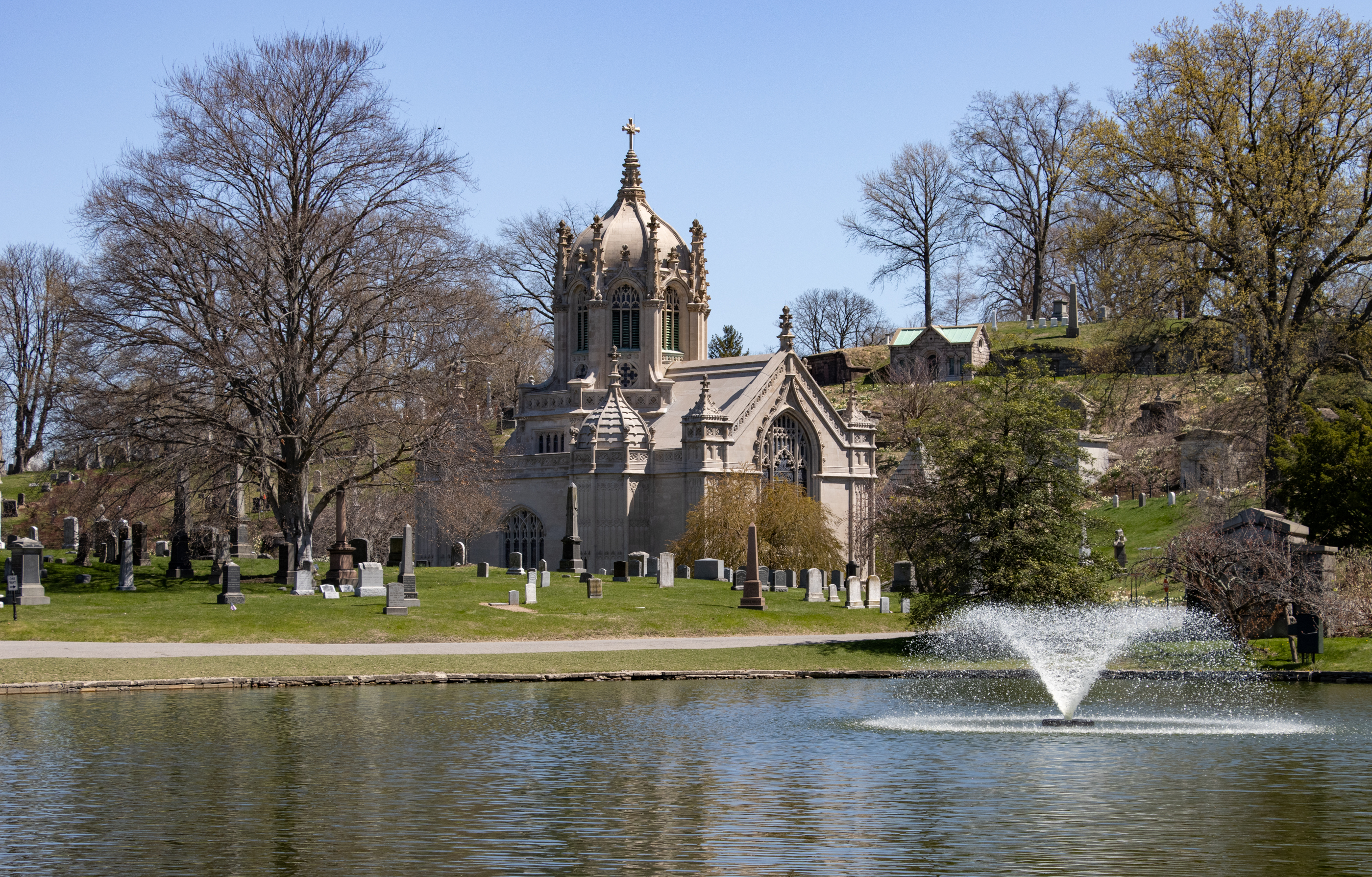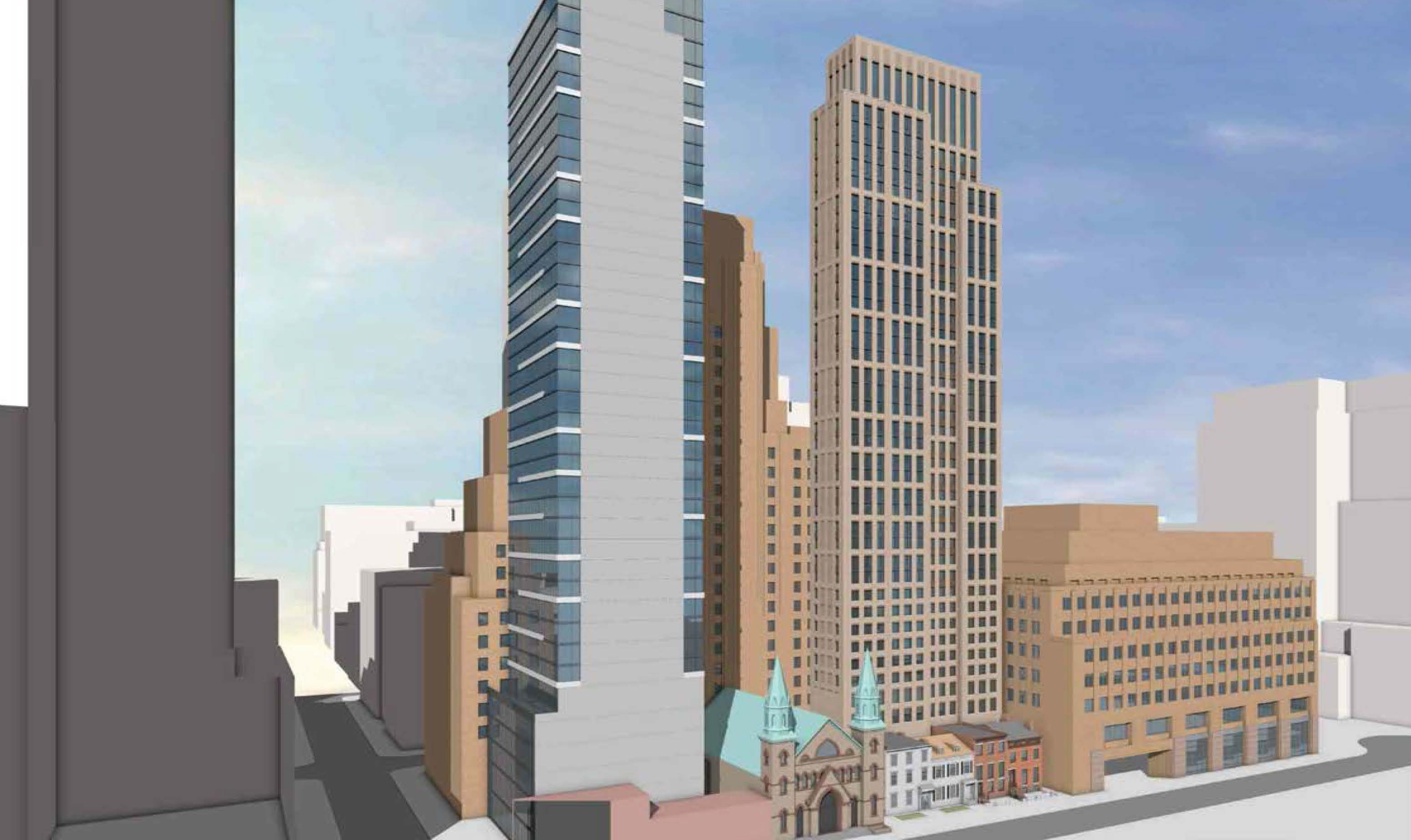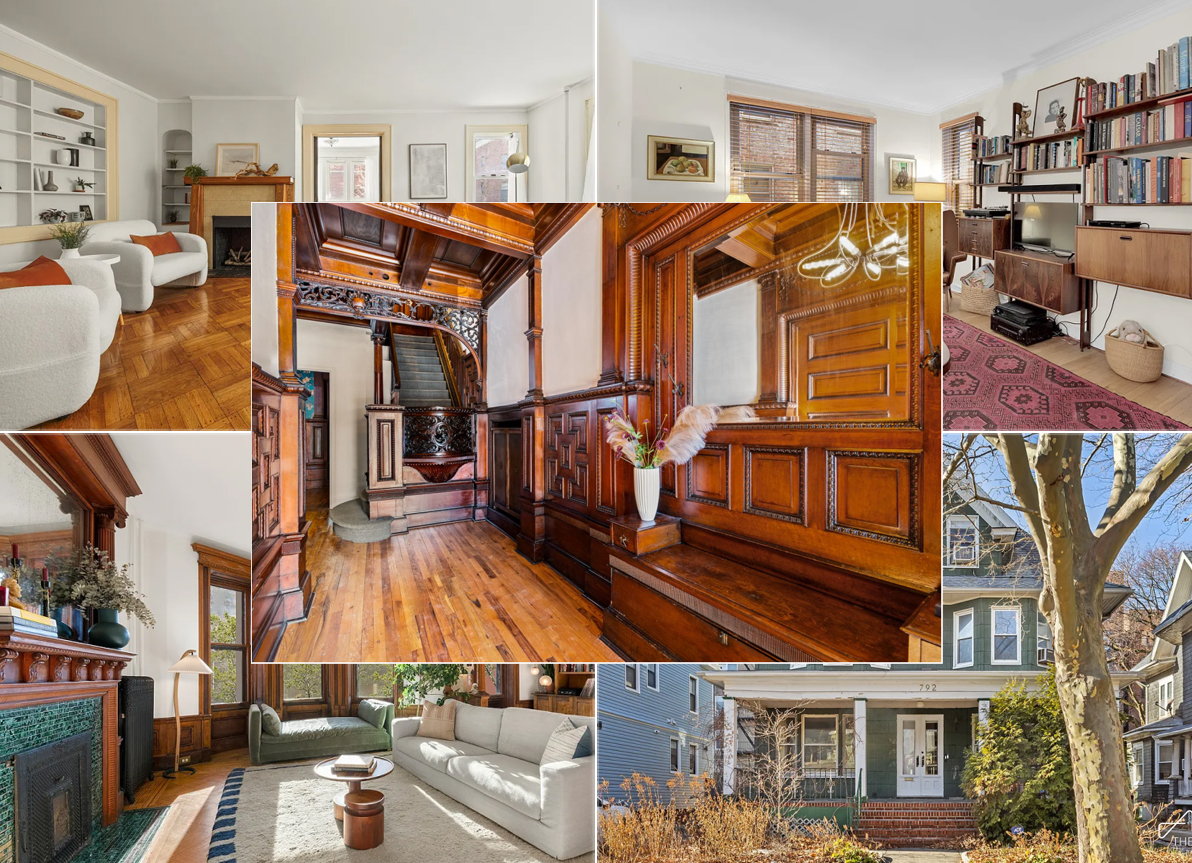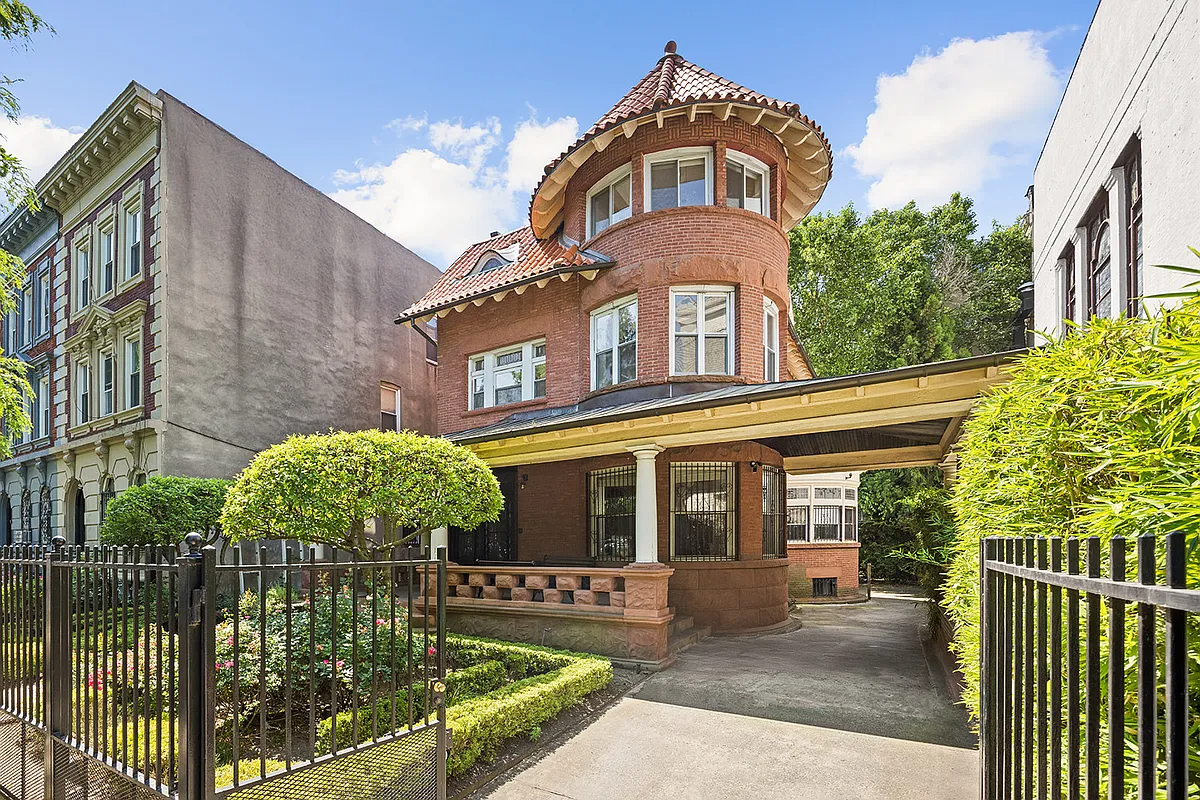From the West Village to Fort Greene, With Few Regrets
This weekend’s real estate section in the Times has a story that’s likely to resonate with many ex-Manhattanites who’ve moved to Brooklyn and find the living across the East River a whole lot easier. The article is about Hali Lee and Peter von Ziegesar, a couple with three kids who uprooted from the West Village,…


This weekend’s real estate section in the Times has a story that’s likely to resonate with many ex-Manhattanites who’ve moved to Brooklyn and find the living across the East River a whole lot easier. The article is about Hali Lee and Peter von Ziegesar, a couple with three kids who uprooted from the West Village, where they’d lived for 15 years, to Fort Greene. The pair bought a house (a former crack den, actually) on South Portland Avenue in late ’05 and say that while they miss a few things about the city (chief among them their old proximity to the Village Community School on West 10th Street, which their kids still attend), Brooklyn has presented a number of quality-of-life advantages. The perks, according to Ms. Lee, include an environment that doesn’t feel like a high-end mall, as the Village did; a space where their brood’s noise doesn’t disturb the neighbors; their new borough’s down-to-earth population (There are mixed-race couples, and black people here who aren’t nannies); and the fact that their kids can now go play on the sidewalk and in the backyard.
In a House, You Can Make All the Noise You Want [NY Times]
Photo by lunalaguna.





To all those people who say that Brooklyn is not affordable for the middle class. Our household makes less than $150,000 a year (non-profit) and we bought in Carroll Gardens in 2005. We bought a town house and rent out the top two floors. We could have gone with a coop but we are DIYers and wanted to build equity with the rentals. We have young kids and needed to be in a neighborhood with a good public elementary school so ended up buying in Carroll Gardens. It was nerve wracking and a tremendous amount of work for the first year and I was afraid we had gotten in over our heads. But we have settled in now, have great tenants, love our neighborhood and our school, and have a mortgage that we can afford. We did have a good size down payment 20% and extra money for some renovation, which has now wiped out our savings. I don’t know whether it was the best move financially. Perhaps it would have been smarter to invest that money in the market and rent. It would have been less stressful and renting would have given us more time for other things, but we’re in now and we’re happy and it is possible.
Well said 1:56 and 2:03.
I bought in Brownstone Brooklyn at the age of 30. Most of my neighbors are in their early 30’s.
Some people are in professions where they make a lot of money and some aren’t.
The beauty of this is that it’s America. You have the choice to be whatever you want to be.
My problem is that some of you decided to be advertising assistants making 30K a year and think you deserve to own a Brownstone in Park Slope.
Doesn’t work that way.
1:56pm — not everyone has parents they can move in with. Do they charge you for food, or do you also get your home-cooked meals free?
Also, your brownstone should cost less than a million, and need no work, in order to make that affordable for you, or you are going to quickly use up your income. There aren’t too many places in brownstone Brooklyn for that price (and again, I’d suggest a more affordable neighborhood elsewhere, like Queens, where more families of your age will eventually live, rather than an established brownstone neighborhood where the parents are in their 40’s, except for 20 and 30 year old trust fund babies.)
However, you are to be congratulated for saving so well. I genuinely wish you well as you seem level-headed and smart. But please don’t get suckered into thinking living in brownstone brooklyn, at least at the inflated prices of today, as anything to aspire to. Especially if you are not yet 30.
Hi I am a rich guy looking to buy a brownstone in your neighborhood. I have a couple million that I earned from previous real estate purchases and not a trust fund.
I probably made the same money as you over the past 10 years but instead of wasting it on clothes, dinners, vacations I invested my money in real estate and made a whole lot more.
I bought in developing neighborhoods – like those you criticise as “transitional” watched them genetrify and sold.
So when I move into that brownstone on your street with my stay at home wife, and my kids and rennovate the property – bitch about us and make up trust fund stories.
But in the end no matter where my kids go to school, I will be a better additional to the neighborhood than you.
Why? Because I invested in ithe neighborhood instead of throwing my money away. Because I pay property taxes that pay for your kids schools, and because we will be good examples to your kids to get some balls, and a plan together to actually invest in real estate instead of critiszing those who did because you didnt.
1:37,
“You can’t buy in a Brownstone neighborhood first time around.” You are saying that it just can’t be done. I believe that it can and I am claiming and affirming that I will do it. There’s a family on our block who were from another country. It seemed as though they had ten generations of family living in their house. Eventually each sibling moved out and bought something. My grandparents came up from South Carolina in the 30’s purchased a Brownstone and then housed numerous relatives who came up after them. I am not advocating overcrowding in a house but there are ALWAYS options. I am in my late 20’s and I moved back in with my parents five years ago to save money. I am doing quite well saving. I don’t shop as much or eat out and I am nearing the 200K mark but I do have mid-100K income. With a rental and a large down payment a Brownstone is still doable. I will be looking this Spring.
12:42, please explain where you got your income statistics. That seems very, very low. Crown Heights median income is higher than that in all the literature I’ve seen on the area.
1:04, I disagree with you regarding the nannies. While most of the black nannies are Caribbean, and some African, there are also American black nannies, as well as elder care workers. American blacks have the history of taking care of Massa’s chirrun behind us, so do our Caribbean and African sisters, and the last thing we need is to think we are above them because we are born here. I also wouldn’t characterize most of them as illegal, either, or to say that they are quite happy in their jobs, even if that’s what they did before. That is a condescending, elitist attitude that should NOT be a “black thing”.
newsouthsloper, 1:18 here: I don’t understand your point. I’m saying that if it is the middle class rather than the rich people buying the homes, they will improve the public schools for everyone. Of course the lower class shouldn’t be squeezed out, as you say, but you have already presented a scenario where someone is going to buy those homes. I’m just pointing out that when rich people buy them, but send their kids to private school, it doesn’t help the lower class people at all.
Lots of “lower class” (your word, not mine) families attend PS 321 and 29. (18% free lunch at 321, 28% at 29) Granted, those numbers aren’t huge, but look at a school in Park Slope like 39, where 64% get free lunch, but it has now become a desirable school for middle class park slope parents who were committed to improving it. Or PS 58 in Carroll Gardens which has 43% of kids receiving free lunch.
But you need a tipping point of middle class families willing to commit to the schools to make it appealing to other middle class families. And unless the housing prices make the neighborhood truly affordable to the middle class (I mean 300-500K) you won’t get enough to make that tipping point.
the irony is that everyone I know in Ft Greene is trying to get into BH’s PS8 using a variance